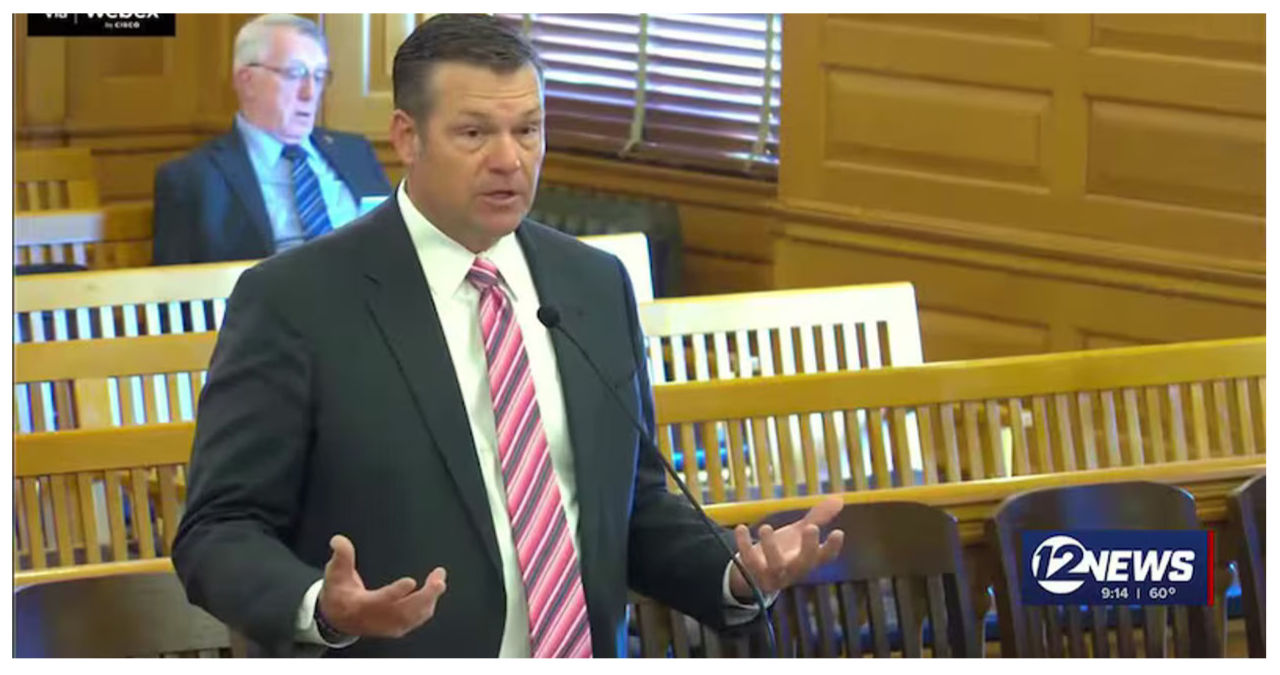The Kansas legislature convened a hearing on Tuesday morning to discuss Senate Bill 415. This proposed legislation aims to formally designate organized retail theft as a criminal offense and impose stricter penalties for such acts.
According to Kansas Attorney General Kris Kobach, the issue of theft in the state is a significant problem. Surprisingly, Kansas continues to rank among the top 10 states in terms of the value of stolen goods.
If Senate Bill 415 is approved, it will impose stricter penalties for crimes involving thefts from stores that go beyond simple shoplifting cases. Kobach emphasized the urgency of this issue, citing the staggering figure of $41 billion in retail crime since 2022.
“According to Kobach, organized retail crime is the act of stealing a large number of expensive items with the intention of selling them for profit, usually through online platforms.”
The bill would also add these crimes to the definition of “racketeering.”
“We aim to incorporate all offenses once again, in order to effectively discourage this type of crime. It is important to note that this crime is persistently growing and not decreasing,” stated Kobach.
Kobach and Eric Stafford, Vice President of Government Affairs at the Kansas Chamber, highlighted the widespread nature of this issue, particularly with the advent of technology.
“It’s happening. Technology has made it easy for this to occur, but they’re exploiting individuals to make it happen,” expressed Stafford.
Critics of the bill argue that the wording should be more specific. They claim that the current version of the bill could potentially harm vulnerable individuals instead of targeting the main culprits involved in organized crime.
Jennifer Roth, Co-Chair of the Kansas State Board of Indigents’ Defense Services (BIDS) legislative committee, questions whether the approach of creating more serious crimes and implementing special crime rules is truly effective in solving the underlying problems. She raises the concern that solely relying on charging, prosecuting, and incarcerating individuals may not be sufficient to address these deeply rooted issues.



